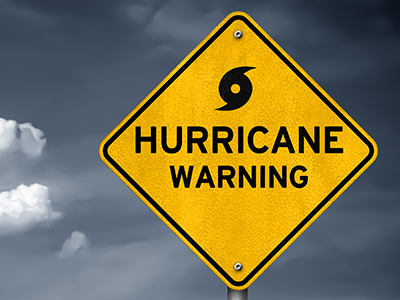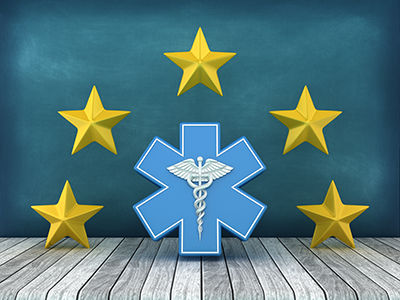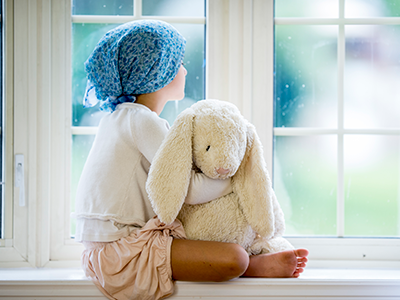Hurricanes can be devastating, leaving children feeling scared, confused and helpless. As a parent, navigating their emotional needs can be overwhelming. This guide offers support and resources to help your child cope with the aftermath of a hurricane.
Understanding your child’s reactions
Children of different age groups process trauma differently. Here’s a breakdown of common responses by age:
- Preschoolers (2-6 years old):Crying, clinging, regression, fear of loud noises, sleep/eating issues, new storm anxieties.
- School age (7-12 years old):Physical complaints, sleep/appetite changes, sadness, withdrawal, irritability, school avoidance, new storm anxieties.
- Teenagers (13-18 years old):Physical complaints, sleep/appetite changes, sadness, withdrawal, anxiety, risky behavior, hopelessness, new storm anxieties.
Providing support and guidance
- Stay calm and be a safe haven:Your composure offers a sense of security. Share your feelings with trusted adults, not your child.
- Age-appropriate explanations:Tailor hurricane explanations to your child’s understanding.
- Reassurance and open communication:Emphasize safety efforts and answer their questions honestly.
- Limit media exposure:Graphic hurricane coverage can heighten anxiety.
- Validate their feelings:Respect their emotions, even if they differ from yours.
- Encourage helping others:Acts of kindness can promote healing and community spirit.
- Creative expression:Drawings, play, or writing can help children express difficult emotions.
Living in a hurricane-prone area
- Prepare together: Develop a family hurricane plan for shelter, communication and reunification.
- Familiarize yourself with school plans: Ensure your family plan aligns with your child’s school’s emergency protocol.
Seeking professional help
While initial emotional responses are normal, prolonged issues or significant functional impairment might require professional help. Signs to look for include:
- Reliving the hurricane through thoughts, feelings or behavior.
- Persistent sadness, withdrawal or anxiety.
- Difficulty functioning at school or home.
If these persist, consult your child’s pediatrician for a referral to a mental health professional specializing in childhood trauma. Local schools, children’s hospitals and community organizations can also offer guidance.
Remember, you’re not alone. Numerous resources are available to support your family during this challenging time. Here are some helpful keywords to search for additional information:
- Hurricane recovery and children’s mental health
- Helping children cope with disaster
- Talking to kids about trauma
- Child mental health resources after a hurricane
By providing a safe space, clear communication and age-appropriate support, you can help your child heal and emerge stronger after a hurricane.
 https://riseandshine.childrensnational.org/wp-content/uploads/2025/05/child-having-tantrum-feature.jpg
300
400
webteam
https://riseandshine.childrensnational.org/wp-content/uploads/2017/11/childrens_riseandshine_logo.jpg
webteam2025-05-07 15:54:412025-05-07 16:19:29Helping autistic children manage big feelings
https://riseandshine.childrensnational.org/wp-content/uploads/2025/05/child-having-tantrum-feature.jpg
300
400
webteam
https://riseandshine.childrensnational.org/wp-content/uploads/2017/11/childrens_riseandshine_logo.jpg
webteam2025-05-07 15:54:412025-05-07 16:19:29Helping autistic children manage big feelings




















Leave a Comment
Want to join the discussion?Feel free to contribute!